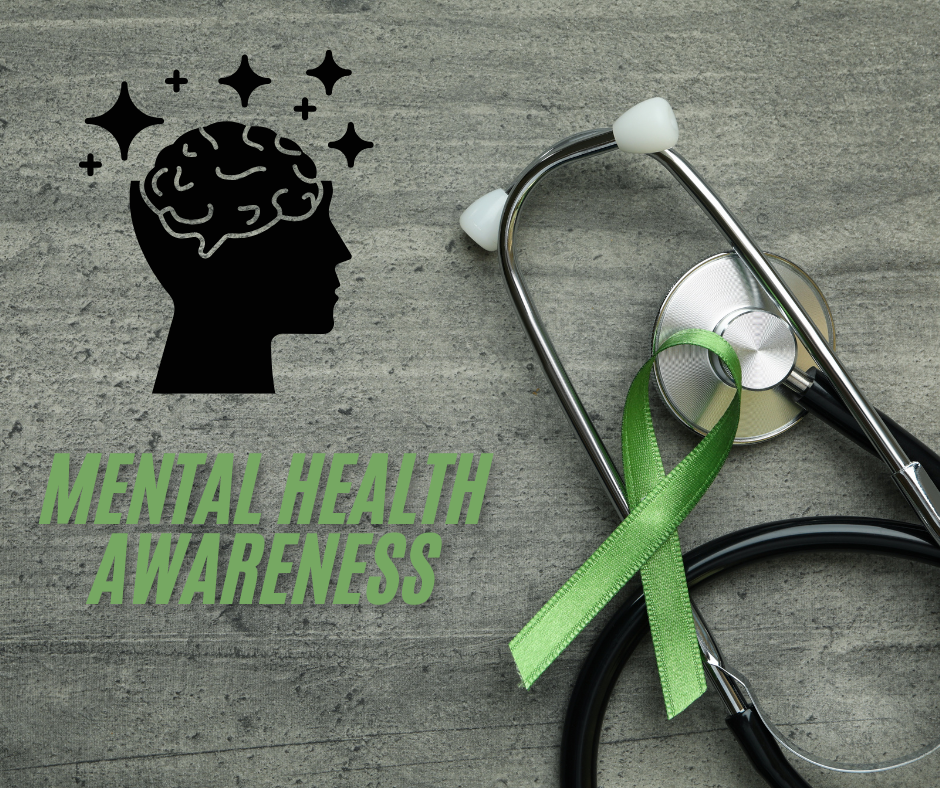Behind the Drama: HBO’s “The Pitt” & the Real Mental Health Crisis

Mental health support for healthcare workers is more urgent than ever. HBO’s The Pitt puts a spotlight on burnout, trauma, and the emotional weight of caregiving. Let’s break it down.
If you’ve watched HBO’s The Pitt, chances are you didn’t wrap up the first episode thinking, “What a fun escape.” More likely, you sat there with that half-laugh, half-sigh that says, “Did someone install cameras at my job?”
Because The Pitt doesn’t try to sugarcoat healthcare. No moody lighting. No heroic theme music swelling in the background. Just understaffed chaos, moral exhaustion, and the quiet unraveling of people who are doing their best to hold it together. It’s not drama for drama’s sake. It’s what healthcare really feels like, and for once, the world is seeing it too.
There’s a scene (don’t worry, no spoilers) where a provider breaks down alone, no spotlight or big speech, just the kind of exhausted silence that healthcare workers know all too well. That moment? It doesn’t feel scripted. It feels remembered.
The show doesn’t exaggerate. If anything, it understates the constant juggling act: caring for patients, managing grief, chasing paperwork, and putting out fires—sometimes literally, sometimes metaphorically, sometimes both in the same shift. It gets the little things right, too. The mental fog from back-to-back trauma. The crusty granola bar in your scrubs from last year. The look someone gives when they’ve seen too much, too often, and too recently.
What The Pitt Reveals About the Mental Health Crisis in Healthcare
What makes The Pitt so uncomfortable to watch is also what makes it so validating. It mirrors the emotional truth of this work; the moments no one sees, the pressure no one talks about, and the strength it takes to keep showing up anyway. It’s one of the rare times we see that truth reflected with care instead of cliché.
So, if the show hit a little close to home, you’re not alone. That’s not your imagination, it’s your reality, finally portrayed with honesty.
And that honesty matters. Not just because it’s good television, but because it sparks something deeper. It makes people outside the industry pause and realize, “Wait, this is what healthcare workers go through?”
This Mental Health Awareness Month, that reflection is important. But let’s go further than just awareness. Because truthfully, self-care and breakroom yoga aren’t going to cut it when the system itself is running people into the ground. If the solution to burnout fits inside a swag bag, it’s not a real solution.
What actually helps? Real, accessible mental health support. Schedules that don’t flip-flop every week. Staffing levels that let people breathe. PTO that people can take without guilt. It’s not complicated—it’s just uncommon.
At the end of the day, The Pitt may be fiction. But the exhaustion, the pressure, the pain? That’s real life for too many people. And that reality deserves more than applause. It deserves action.
Because caring for the caregivers isn’t optional. It’s essential.